Peers challenge Govt over link between pornography and domestic violence
Online Safety
On Wednesday, the Domestic Abuse Bill received further scrutiny at committee stage in the House of Lords.
Last year, when the Bill was in the Commons, some pro-abortion MPs tried to attach amendments which would have made abortion even more available in England and Wales.
However, these amendments failed to pass.
Since then, the conversation has moved on and CARE has been working with Peers on strengthening the Bill in a very specific way.
Pornography and domestic violence
Before the legislation went to the Lords, the Government tabled a new amendment to end the ‘rough sex’ defence.
Since then, the Government has also published two reports which were completed in February last year but have only just been published.
They highlight the link between violent pornographic content and dangerously wrong views of normal sexual activity.
Given this connection, it is not unreasonable to argue that the widespread availability of pornography online is linked to domestic abuse and violence.
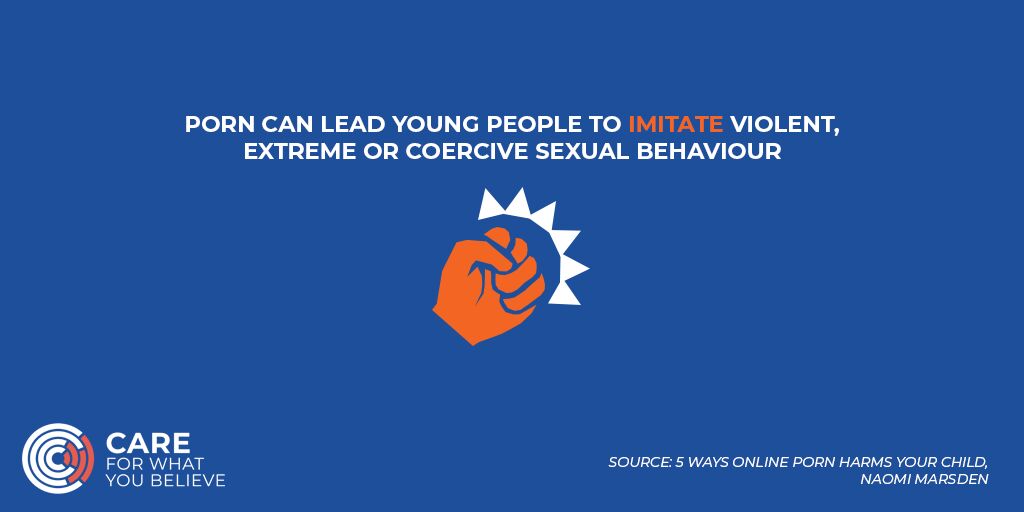
Amendment 177A
In this context, Baroness Benjamin tabled Amendment 177A to the Domestic Abuse Bill which aims to require the Government to appoint a person to investigate the impact of access to online pornography by children on domestic abuse. It would further require that person to publish a report and if the report recommend age verification controls be implemented, the Secretary of State must then appoint a day for it to happen.
In her speech, Baroness Benjamin called the Domestic Abuse Bill to tackle both the reality of domestic violence and the root causes behind it. She said:
"We need joined-up thinking here. We need action to prevent injury or death through rough sex, as well as criminal justice measures to ensure that perpetrators are brought to justice. One of the most basic strategies of prevention in that regard is to protect under-18s from material that normalises the expectation of violence in sexual relationships. Taking the step proposed in the amendment would constitute strategic investment in the next generation to ensure that as children enter adulthood, they do not do so believing that violence is a natural part of sexual relationships, with all that that means for their adult behaviour.
"The irony, of course, is that Parliament has passed legislation that protects under-18s from such material on commercial pornographic websites, but the Government have refused to implement it. Had the Government implemented Part 3 of the Digital Economy Act 2017 in 2019, under-18s would now be protected from exposure to pornographic content on pornographic websites, including significant rough-sex material. An interviewee said in a recent government report: “On ‘Pornhub’ you don’t have to look in the rough sex category to get rough sex. They’re just standard videos of men having sex with women by grabbing them by the throat”.
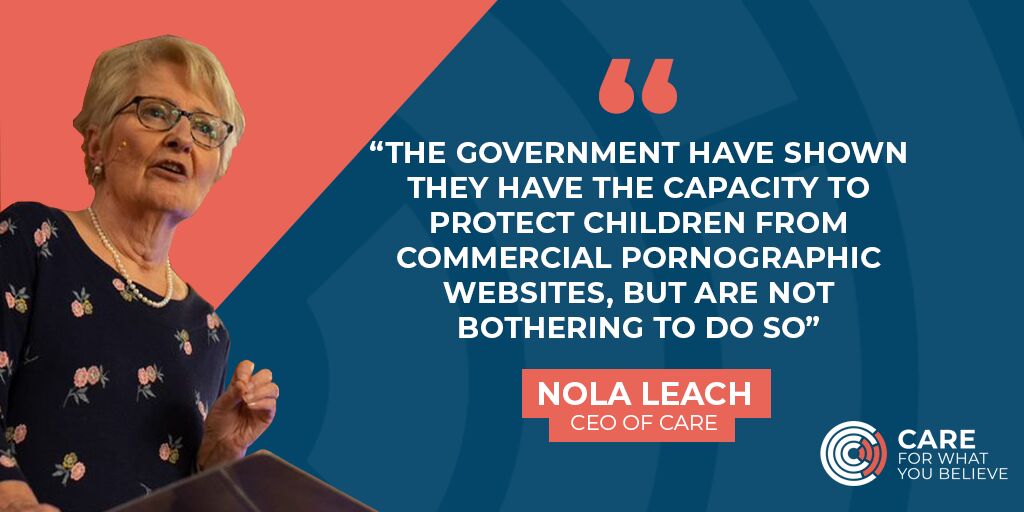
As Baroness Benjamin points out, age verification measures had in fact already been approved as part of the Digital Economy Act and the regulations needed to implement the controls had also been passed by both houses of parliament.
But then the Government abandoned the scheme in October 2019 and hinted at the time that it would come back with a similar scheme in a new, catch-all online harms Bill.
The problem is that following that commitment, in Written Answers and in it’s formal response to the online harms white paper consultation, the Government essentially admitted it would only tackle ‘user-generated’ pornographic content.
This is significantly weaker than the age verification scheme passed by MPs and Peers in 2017/18 which covered commercial, online pornography – including violent pornography and non-user generated pornographic content.
Strong support
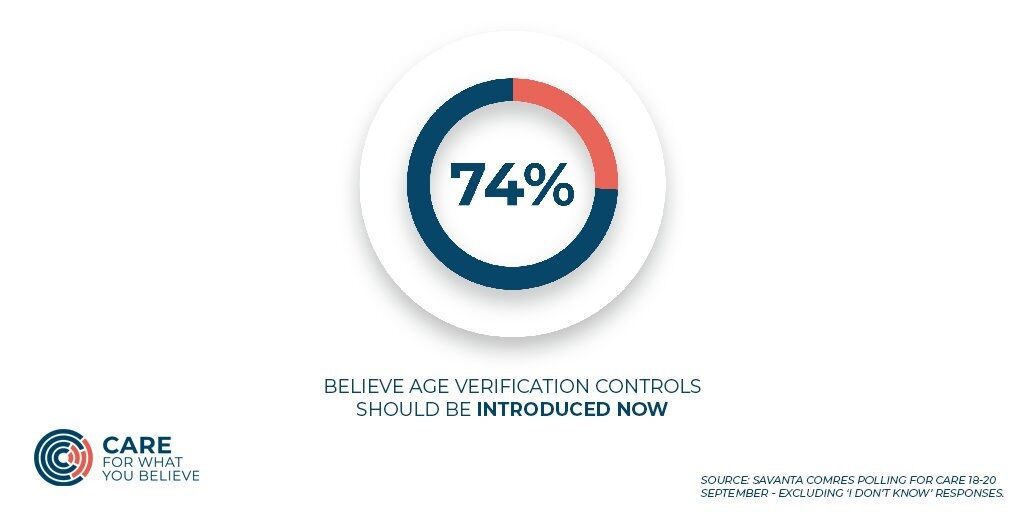
During the debate in the Lords, a number of Peers spoke out in support of Baroness Benjamin’s amendments.
Lord Alton agreed with Baroness Benjamin’s call for action to be taken to address to prevent domestic abuse in the first place.
He went on to make the point that age verification controls would help to prevent an important aspect of domestic abuse by ensuring children are less likely to be exposed to video content.
Part 3 [Age verification on commercial, online pornography] provides a critical means of investing in preventing an important aspect of domestic abuse by ensuring that children are far less likely to be exposed to video content that normalises such violence. It is the very least we can do.
Baroness Eaton was likewise very clear on this point:
First, in understanding the full significance of Amendment 177A, it is important to see it as an investment to reduce the incidence of domestic violence in the future. A significant proportion of online pornography depicts sexual violence, and if Part 3 of the Digital Economy Act is not implemented, under-18s will be exposed to this content and will conclude that violence is a normal part of sexual relationships. This will, in turn, inevitably impact behaviour, not only among under-18s now but as they grow into adulthood. Protecting children from access to this pornography is not just about impacting them today; it is about impacting their development because of the consequences that it will reap tomorrow, when they are adults, in levels of domestic violence.
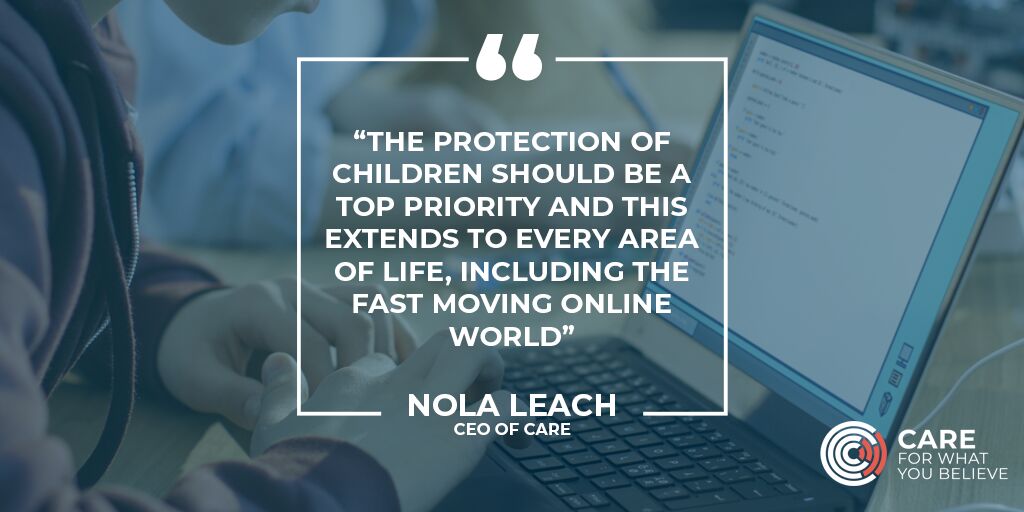
Lord McColl cited Savanta ComRes polling of 2,049 men in Great Britain between 7-10 February last year. The pollsters asked the following question:
‘Thinking specifically of times you performed slapping, choking, gagging or spitting during consensual sexual activity, to what extent do you think pornography influenced your desire to do so?’
In response 57% of those questioned said it did to some extent. Moreover, 20% said it influenced their acting in that way ‘a great deal.’”
In light of this and evidence suggesting a link between pornography and domestic violence, Lord McColl sai there was a strong case for action again online pornography generally.
The Government’s decision to delay the introduction of age verification controls was, said Lord McColl, ‘absolutely incontrovertible’.
Lord Morrow also cited strong polling which Savanta ComRes did for CARE last year which showed 74% of adults want age verification to be introduced immediately.
He went on to point out some of the ways in which the Government’s new online harms Bill fails to provide the same strength of protection offered by age verification as proposed (and passed) in the Digital Economy Act.
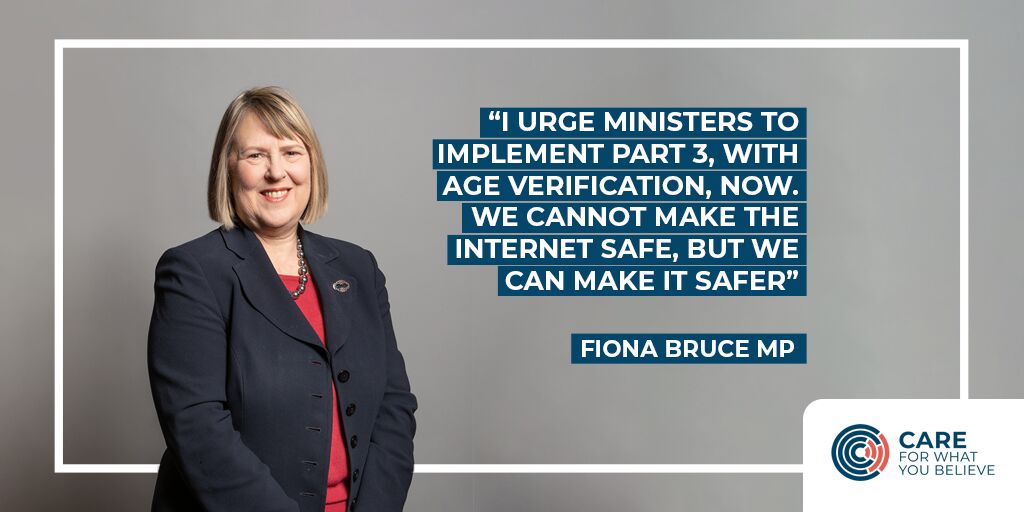
Result
In reply, the Minister talked about the UK Government's new online harms Bill which she said would be published this year.
It was, in all honestly, a poor response given the very powerful points made by Baroness Benjamin and others.
The simple fact is that the new online harms Bill does not go far enough. The Government could implement age verification immediately to help protect under 18s but it has made a political decision not to bother.


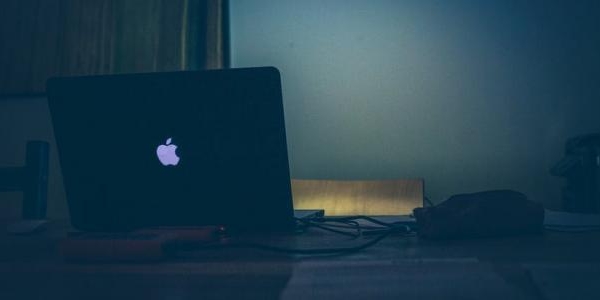
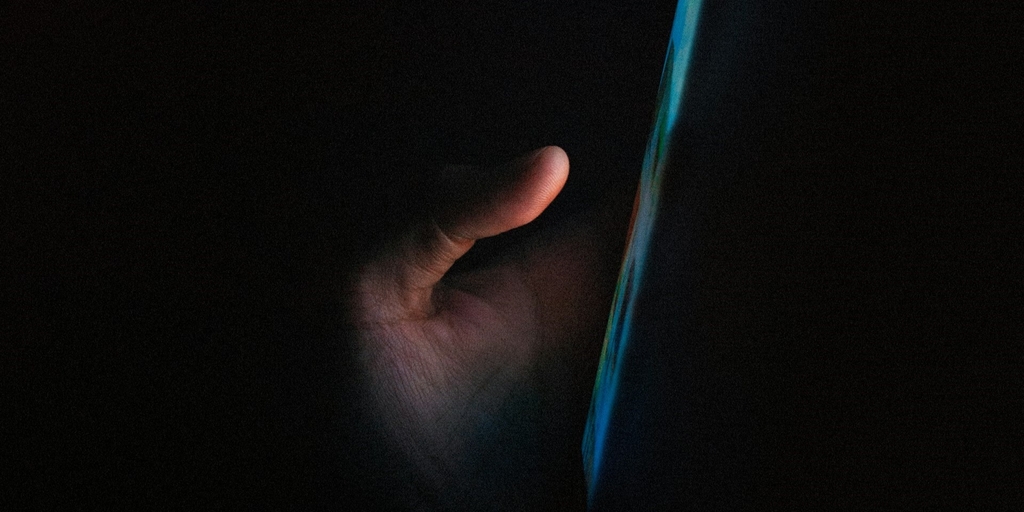

Share story
Peers challenge Govt over link between pornography and domestic violence